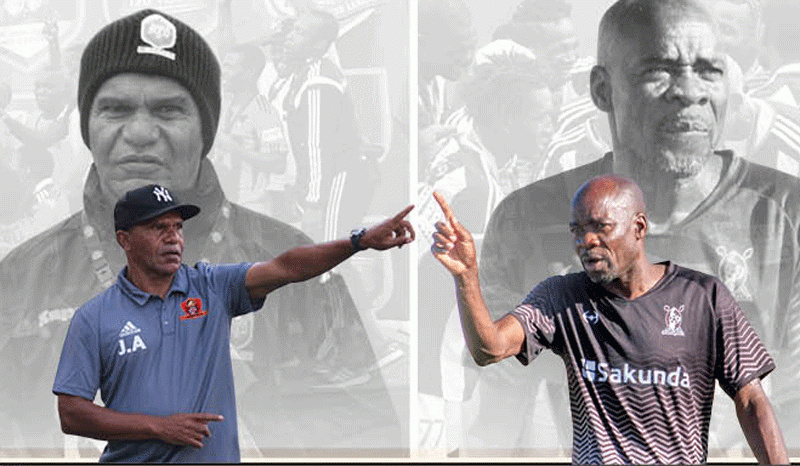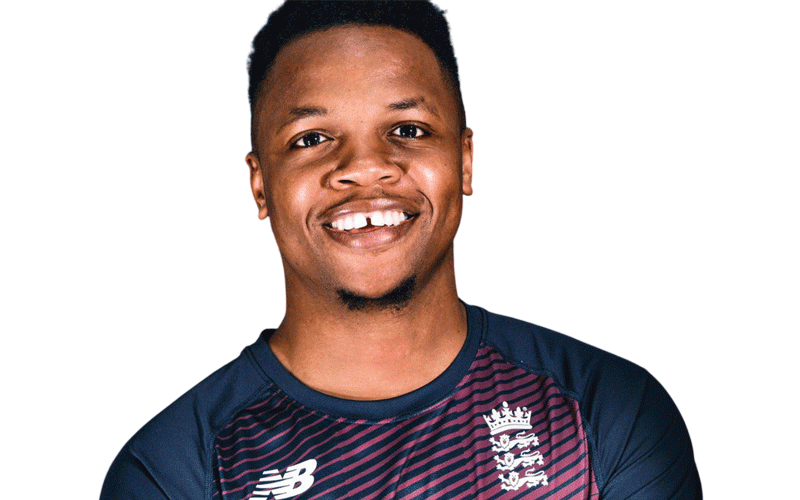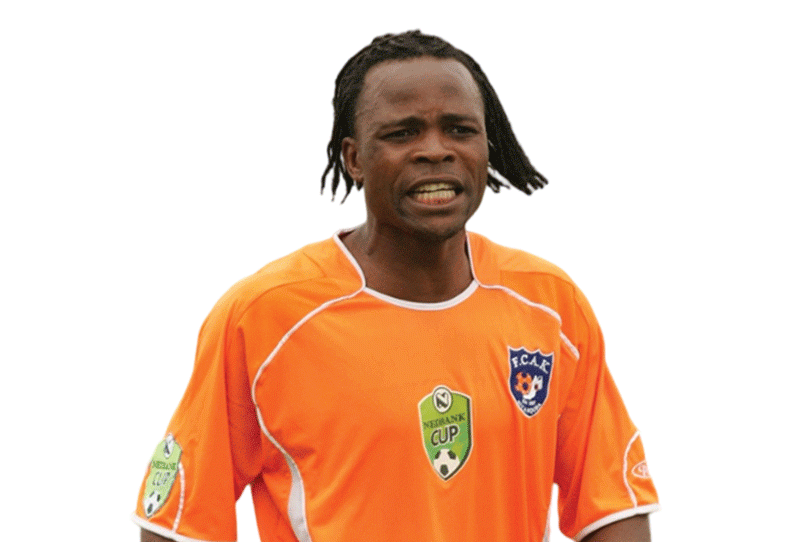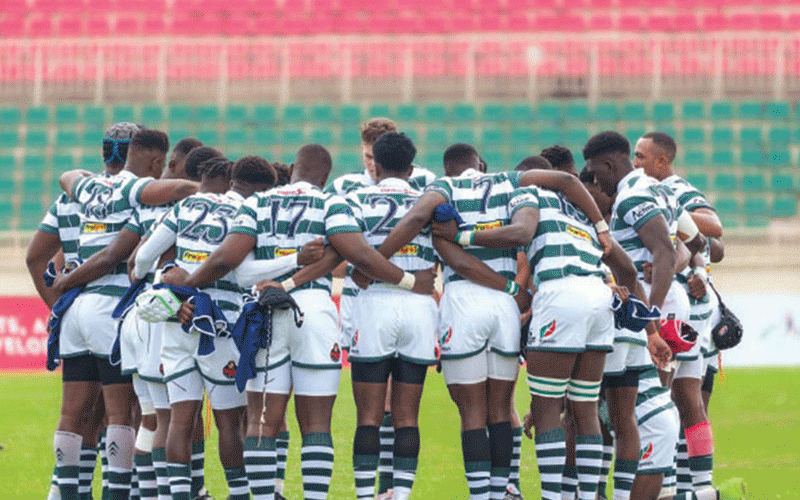
LIVERPOOL — Tatenda Taibu has, for one reason or another, spent a lot of his 36 years on the move.
Making waves as one of the first township boys to break into the Zimbabwe set-up; being named the first black captain of his country at the age of just 20; quitting over a pay dispute and having to flee with his family after some thinly-veiled threats from Mugabe’s ministers; coming back to the sport, then retiring again to focus more on his relationship with his God. It makes for a gripping autobiography, Keeper Of Faith.
But now, on Merseyside, Taibu finally feels settled.
“When you’ve got kids, they become the priority,” he explains. “When we moved to Merseyside, the boys really felt comfortable and they made friends quickly at their school. So for us, that’s the priority, and we’ve enjoyed the time we’ve been in Liverpool.”
Taibu is turning out for Formby and has contributed with both bat and ball to their flying start to the season.
His 6/11 against Colwyn Bay featured a hat-trick — and alerted many people to the fact he’s always been more than a wicketkeeper.
“If I wasn’t a keeper, I would have bowled more,” he says of his professional career. “Growing up, I used to keep for 15 overs, take-off my pads and bowl, then keep again. I did that in the 2002 U19 World Cup when I was player of the tournament.
“It just so happened on the day I got the 6/11 that the pitch was a little bit green and it was moving both ways.”
- Chamisa under fire over US$120K donation
- Mavhunga puts DeMbare into Chibuku quarterfinals
- Pension funds bet on Cabora Bassa oilfields
- Councils defy govt fire tender directive
Keep Reading
His attitude calls to mind the exhaustingly enthusiastic kid at your club who wants to bowl every over and bat every position —someone who loves the game too much to ever not be involved in it.
And it’s a good job he loves it, because cricket — or, at least, cricket politics — hasn’t always been kind to Taibu.
Part of a golden generation from the townships, Taibu was picked for Zimbabwe entirely on merit, but thrust into the limelight through a combination of political expediency and there being no-one else available. Captaining a losing side in a failing system at such a tender age would have broken many cricketers, but Taibu remains stoical and positive throughout his story.
He says: “I think it goes back to my upbringing, having a father who was really tough, which I call tough love.
“I thought that prepared me to always look at the positives in life, and solutions rather than focusing on the problems at hand. So when I think of a bad patch, I would always try to look at the solution — how I could get out of that bad patch, especially if it was spending a bit more time in the nets, paying attention to detail when I was playing well, so that when I was playing badly I would always go back to my notes from when I was playing well.
“I’d look at myself and see what is the one technical thing that I was missing. I always found a way to focus on the solution.” In his book, Taibu seems to linger more on the low points of his career, rather than the highs. It could be his Christian modesty — or it could just be the nature of the game.
“Generally, cricketers look at the failures more than the success, especially the batsmen,” he says.
“If you wanted to ask me how I got out, I’ll be able to tell you — but if you ask me the fours and sixes that I hit, there’ll be more of that, but the negatives are what you always bear in mind.
“I never played for myself, I always played for the team, and because we had more failures as a team, I was focusing more on that than my personal success.
“It really didn’t have much of an impact, though at the end of the day I ended up with a decent career.”
Decent indeed. His record of 1,500 Test runs at an average of 30 was no mean feat given the pressures of leading a desperately inexperienced side, more often than not in the throes of a batting collapse, and his expansive batting and lightning pace between the wickets were well-suited to the white-ball game.
Still, when that pay dispute —he was arguing for his teammates to be paid more, not himself — slammed the brakes on his career when he was just 22, it must have left a lot of what-ifs in its wake.
There’s a poignant passage in the book which Taibu almost glosses over. He recalls having a ringside seat watching Matthew Hayden bludgeon a world-record 380 at Perth in 2003, as one of the all-time great Australian sides put Taibu’s Zimbabwe to the sword. In a few years, he muses, Hayden, Warne, McGrath and the rest will be gone — but I’ll still be here. Because of politics, corruption, and corrupt politicians, it wasn’t to be.
“I’ve always tried to live my life in such a way that I don’t have any regrets,” he insists. “I would have loved a situation where I would have played against Australia when those experienced guys were no longer playing and I was experienced, but that never came to pass and we don’t know how that would have played out.
“It’s a bit unfortunate in many ways because we in Zimbabwean cricket didn’t continue on that path we were on. It was a good programme that really should have continued — there is still a lot of talent in Zimbabwe.”
That talent is now going to waste — because of years of mismanagement, and because the ICC gives the impression it simply doesn’t want to know.
This summer’s 10-team World Cup is a real bugbear to anyone who cares about cricket in the smaller or poorer nations, and Taibu is no exception. He reckons — with some justification —that the game’s governing body is looking elsewhere for its future.
He says: “If the ICC paid more attention to countries that had already been part of the World Cup — Kenya, Canada — then we’d end up with a proper World Cup.
“The ICC is more focused on the USA and China — that’s more likely to be because of the financial benefits, because they’ve got economies that are stable.
“If that focus had been more on countries that have been seen to produce players, then I’m sure we could have more teams participating in a World Cup.”
(Despite some gentle persuasion, he refuses to say England will lift the trophy — eventually allowing himself to be badgered into listing the hosts alongside New Zealand, India and Pakistan as his picks for the semi-finals.)
The World Test Championship, which begins this year, also excludes Zimbabwe, along with Test newcomers Ireland and Afghanistan.
“I’m a big fan of Test cricket,” says Taibu. “I think it’s the ultimate test of character, technique and mental strength. I think for players to constantly improve, they need to play Test cricket.
“There should be scope for Test cricket — but it is difficult because of the amount of T20 around the world. You can’t get better if you’re not playing.
“Zimbabwe played a part in bringing on Bangladesh because we constantly played them, and now they’re way above us.
“So if the other nations continue to play, that’s how they’ll get up to speed. If Afghanistan and Ireland play seven or eight Test matches a year, it will go a long way.”
One thing he’s clear about is that there will be no return to the international game. After playing for Hightown St Marys on his arrival in England, and helping them win promotion after a devastating clubhouse fire, now Taibu is focused on Formby — and loving every minute of it.
He says: “We’ve got a really young, vibrant side with really positive and talented players; we’ve won everything we’ve played so far, so I hope that continues.”
Keeper Of Faith by Tatenda Taibu is out now, published by Liverpool-based deCoubertin Books and priced £12.99.
Liverpool Echo











